History:
“Good Friday” is the title used in many English-speaking countries for the day on which Christ's death is particularly remembered. In other countries it was known as Long Friday, Day of Preparation, Day of the Lord's Passion, and the Passion of the Cross. It is called “Good” because of the benefits which flow from what the day commemorates. It came to be observed as a result of the development of the calendar in the fourth century. In the Pilgrimage of Etheria* is a first-hand account of the ceremonies practiced in Jerusalem at the end of the fourth century, with a description of the veneration of the Cross which still continues in the Roman rite. Popularly known as “creeping to the Cross,” this was condemned by the Reformers. Holy Communion was not usually celebrated on Good Friday. When weekday masses began in the sixth and seventh centuries, Friday was already a special fast day with Bible readings and prayers, and this tradition was left undisturbed.
The Reformers provided in the Book of Common Prayer an Epistle and Gospel for Good Friday, and in England there is some evidence that up to and including Queen Victoria's reign some churches held Communion on Good Friday, though generally it has dropped out. In its place normally is a devotional service based on the Seven Words from the Cross.
What are the seven words from the cross?
These seven words may be designated as follows: (1) propitiatory—“Father, forgive”; (2) promissory—“Today you will be with me in paradise”; (3) provisionary—“Dear woman, here is your son”; (4) protestatory—“My God, my God, why have you forsaken me?”; (5) preemptory—“I am thirsty”; (6) proclamatory—“It is finished”; (7) pacificatory—“Father, into your hands I commit my spirit.”
Theologically, these words, in the order given above, illustrate (1) divine forgiveness, (2) assurance of immortality, (3) good works, (4) the awfulness of Christ’s death, (5) the true humanity of Christ, (6) the perfection of Christ’s atonement, and (7) the divine complacency.
Biblical Training - Seven Words from the Cross
*The Pilgrimage of Etheria - Holy Week in Jerusalem A pilgrim’s description from around 380 AD
Liturgies and Prayers
An excerpt from A Liturgy of Praise for Christ Who Conquered Death — Every Moment Holy
The powers of darkness sought to
swallow you, in death's black waters, O Christ.
But going under that flood, you drank death
down like a river. You drank death's reservoir dry.
All praise to you, Lord Christ!
You swallowed death for us, and by that act of
willing sacrifice, you pushed death back upon
itself, like the last lapping wave at the turning
of the tide; that high water mark now fading,
as death's dominion ebbs out for all time,
its power to terrorize God's people forever
destroyed by God's own passage through it.
…The grip of death already slips.
An Anthem from the Book of Common Prayer
We glory in your cross, O Lord,
and praise and glorify your holy resurrection;
for by virtue of your cross
joy has come to the whole world.
May God be merciful to us and bless us,
show us the light of his countenance, and come to us.
Let your ways be known upon earth,
your saving health among all nations.
Let the peoples praise you, O God;
let all the peoples praise you.
We glory in your cross, O Lord,
and praise and glorify your holy resurrection;
for by virtue of your cross
joy has come to the whole world.
Book of Common Prayer: An Epistle and Gospel for Good Friday
Articles:
Good Friday from 5 Angles - D.A. Carson
Triduum Reflections (3 days leading up to Easter) - Renovare
7 Passages to Read on Good Friday - Crossway
Songs:
Sermons:
The Crucifixion - Tim Keller
Good Friday Meditation - Alistair Begg
The Death of Christ - Charles Spurgeon

